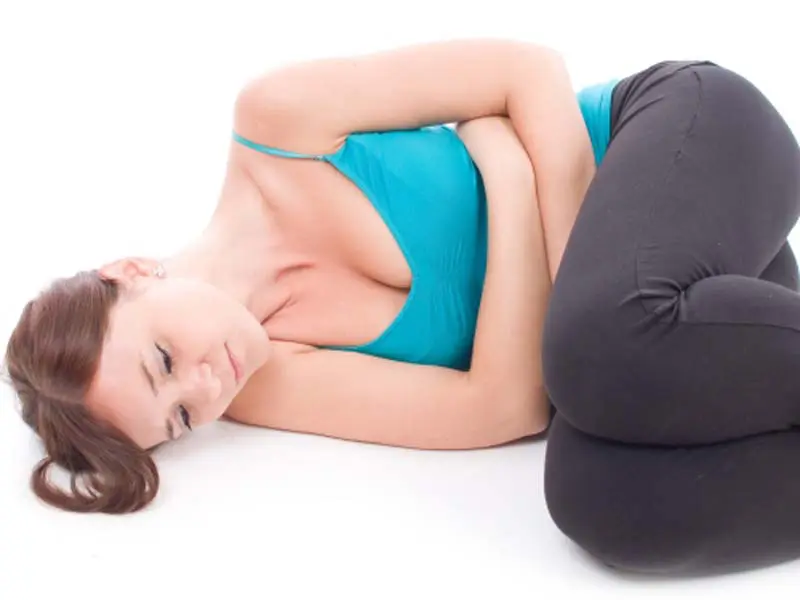Period Problems: 4 Common Menstrual Issues for Young Women

The already challenging teen years can become even more tough when a girl starts her period. Periods, which normally occur monthly and last six to seven days, can cause a variety of common issues or aggravations. While some of these problems may be common, others could require a medical expert’s assessment.
Irregular Periods
While irregular bleeding is common in the first two years after menstruation begins, it can be worrying and annoying. For instance, a young woman may have two periods in a month or occasionally go four months or longer without getting another period.
Hormones are produced in the brain and must communicate with the ovaries, which then communicate with the uterus, making the menstrual cycle complex. Periods should become more regular as the body adjusts to all of these systems working together. If your periods are very irregular or spaced out by more than three months, you should visit a doctor.
Heavy Periods
While some menstrual cycles are heavier than others, if they get excessively heavy, they can lower quality of life or even cause anaemia. Low blood count is a symptom of anaemia, which is linked to iron deficiency. Chronic fatigue syndrome, problems with physical activity, feeling faint, and lightheadedness and dizziness are all symptoms of anaemia. Blood tests are frequently advised when a person is experiencing severe menstrual flow.
Menstrual bleeding warning signs that can result in anaemia include:
- A flow that lasts more than eight days
- within an hour of soaking through a pad or tampon
- soaking through the nighttime bedding
- larger-than-one-centimeter clots
Painful Periods
One of the main reasons girls visit their doctor is because of painful periods. The hormone prostaglandin, which is released during menstruation, can cause uncomfortable uterine spasms that result in cramps. Light exercise like yoga, heating pads, and over-the-counter pain relievers (such as those containing ibuprofen or naproxen) can all help reduce cramping. If cramps are so painful that they interfere with daily life, girls should consult a healthcare professional.
Acne
Teenagers that have acne are common. Additionally, the hormones associated with the menstrual cycle can exacerbate acne, causing breakouts to worsen during periods. Birth control tablets are occasionally used to treat acne.
A young woman’s quality of life and self-esteem may be affected by problems with her menstrual cycle, which may result in her skipping class, job, or other activities. The good news is that there are numerous effective therapy choices.








